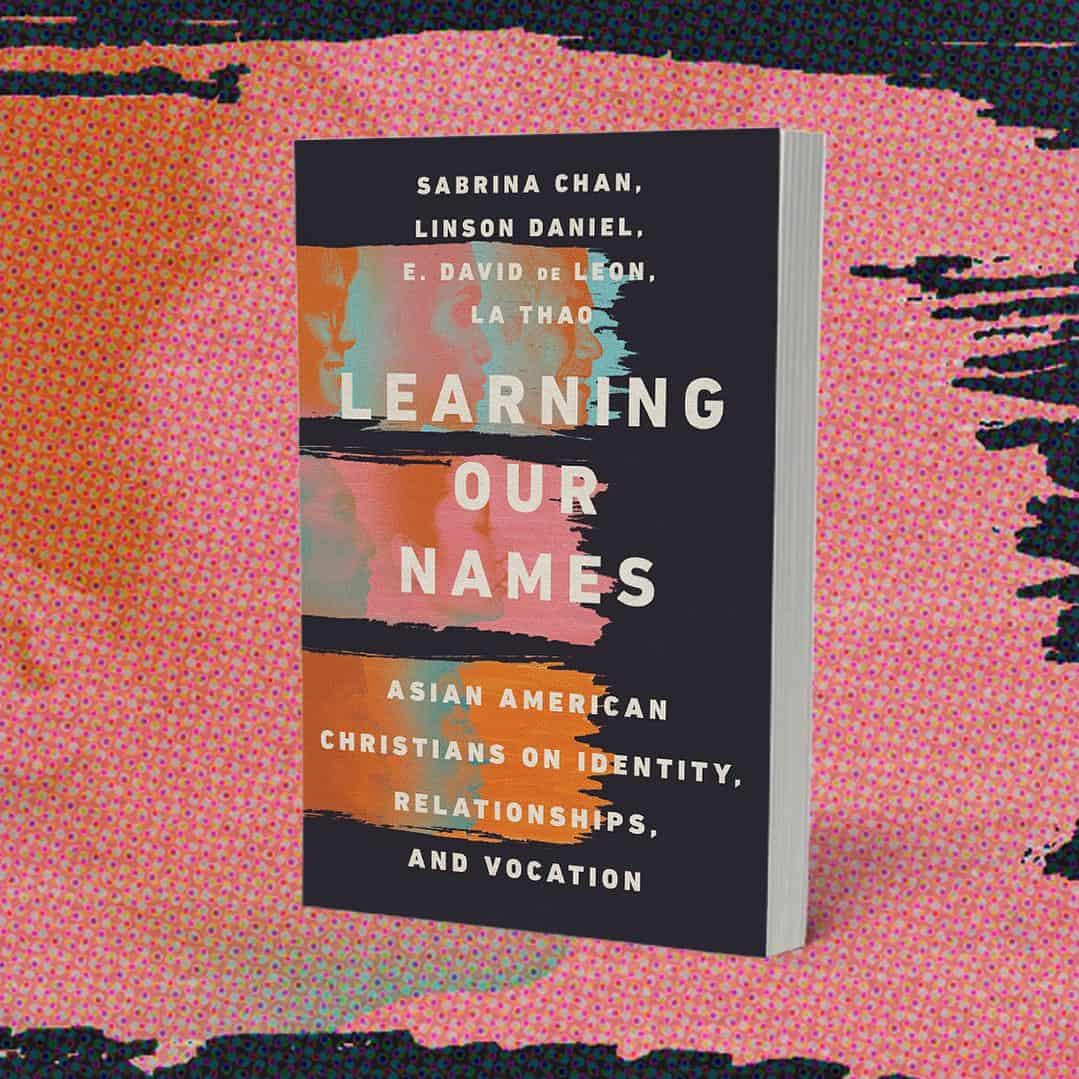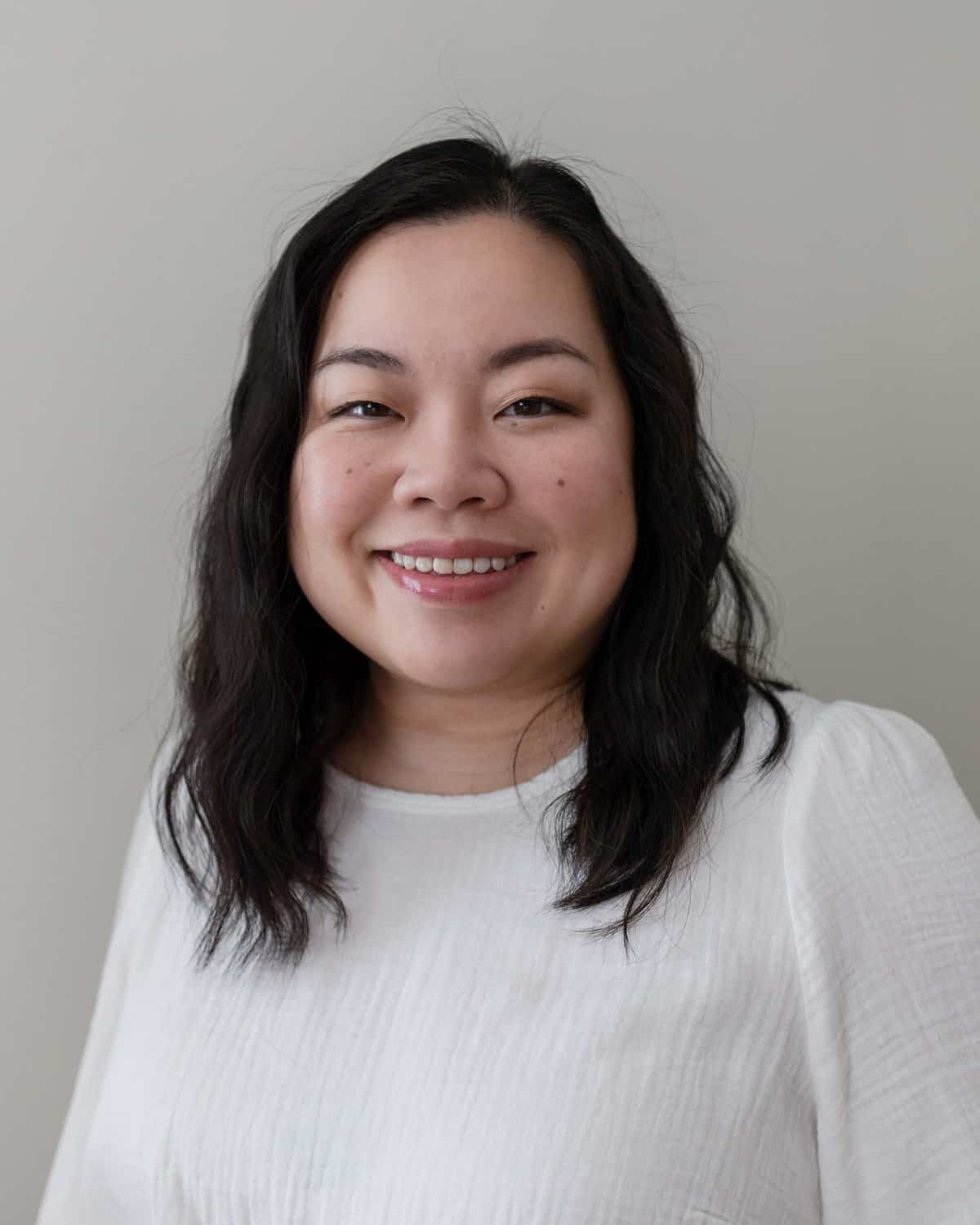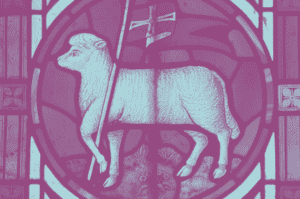 Thi Bui’s illustrated memoir The Best We Could Do tells the story of her family’s escape from Vietnam and the challenges of surviving as refugees in a new country. In an attempt to understand her parents better, Bui documents her family’s past and discovers the sacrifices her parents made for the sake of the family’s survival. In the process of producing her book, Bui experienced both grief and healing as she reflected on the life her parents had.
Thi Bui’s illustrated memoir The Best We Could Do tells the story of her family’s escape from Vietnam and the challenges of surviving as refugees in a new country. In an attempt to understand her parents better, Bui documents her family’s past and discovers the sacrifices her parents made for the sake of the family’s survival. In the process of producing her book, Bui experienced both grief and healing as she reflected on the life her parents had.
I went through a similar journey with my parents. Delving into my Hmong American identity, I was interested in gaining a fuller view of Hmong history and how I fit into that narrative. It took research and asking my parents questions about their past to see them as individuals beyond just being my parents. They shared about the violence they witnessed and the difficult decisions they needed to make to survive. They wondered how things might be different if they had made different decisions. When I heard these stories, it was hard to accept that these traumatic events happened to them. How was it possible for them to survive and move on in a land that was so foreign to them?
Growing up with my parents was difficult—we had little money, they got divorced, and my siblings and I carried the burden of survival together with our parents. When I pieced together the painful story of my parents, I learned that trauma and displacement could not prepare them to raise children born in a country and culture so different from their own. They had no space to mourn, heal, or process their experiences. They only hoped that we would have better lives than what they had. They did the best they could do.
Asking “Have you eaten?” is sometimes the best our parents can do to love us. Other times, it could be buying clothes for us, casually cutting fruit for us even though we did not ask for any, or telling us to be safe when we are not home. Sometimes their high expectations and overprotectiveness are their way of caring for us.
Knowing Our Parents
Your parents’ story does not have to be as traumatic or painful as my parents’ or Thi Bui’s parents’ in her memoir. Our parents were once young adults who were also trying to balance multiple cultures that intersected in their lives, and they may not have the resources to help them understand their experiences. They have experienced the various stressors of immigration, culture clashes, and racism. All of these played a role in forming who they are and their behavior. Knowing our parents is a part of our efforts to form our identities and understand where we come from.
But knowing our parents and their story is not about justifying their actions. Some of us had very painful and traumatizing experiences. There are also some of us who have never had a relationship with our parents, either from adoption, abandonment, or the death of a parent. Perhaps at one point, we might have asked, “What is wrong with me? What did I do to disappoint them?” When we do learn our parents’ stories, we come to see them as broken people and begin to make some sense of our lives. In doing so, we can hope that it is possible to heal and move beyond blaming ourselves for our parents’ lack of love or that we are unworthy of love.
I spent years asking my mom about her life. She is very private and had never shared openly with us. When I first started asking, I learned that she was not intentionally keeping her past from us, she just never thought we were interested. If we asked, she would answer our questions. Our relationship has gotten better, and she knows that I’m interested enough for her to begin sharing more with me.
She once showed me a YouTube video documenting Hmong women growing, weaving, and dying hemp fabric. While we watched the video, she shared about the time she was a young girl watching her mother do the same work as the women in the video. I asked if she had ever done it before. My mother shook her head; because of the war, they all fled. Watching that video with my mother allowed me to ask questions about her childhood. I found out that violence and war disrupted my mother’s life at a much younger age than I previously thought. In our conversation, I got to see a piece of her life as a young girl and to hear about my grandmother who I never met. Though she and I are closer than we were before, there is more I still wonder about. Some parts of her life story remain private, and I have not found the courage to ask about it. Someday she might open up more, but I may never know everything I want to know about her.
Underneath all the layers, how much do our parents keep hidden? How often do they silence their suffering because they don’t want to burden anyone? I do not know everything about my mother, but I know she has lived a difficult life. Inviting our parents to tell their stories is a powerful way for them to begin opening up about their pain. Just as we all continue to be formed by God, the same is true for our parents. Our desire to be closer with our parents is one of the means God will use to bring healing into their lives. Knowing our parents is not a way to justify their actions, but a way for us to make sense of difficult relationships with parents so we don’t blame ourselves for our parents not loving us enough.
Knowing our parents begins with asking about their stories. Where did they grow up? How did culture impact their lives? What kind of expectations did their parents have on them? What dreams did they have for themselves? They might be resistant to share, and it takes some creativity to get them to open up. Ask about their parents or ask about the context of an old photograph. Be curious about your culture and ask them to teach you about it. All of these can spark deeper conversations about their lives. If it does not, you can ask more questions another time. Allow the process to move at its own pace. Healing ourselves and our relationship can come from sharing bits and pieces of our stories with each other over time.
Excerpted from Learning Our Names: Asian American Christians on Identity, Relationships, and Vocation by La Thao, Linson Daniel, Sabrina Chan, and David de Leon. ©2022, Used by permission of InterVarsity Press.

La Thao (Hmong American) is a campus minister in Wisconsin and one of four co-authors of Learning Our Names. She is also cohost of the Better Than Seven Sons podcast about Hmong American life, culture, identity, and faith.


